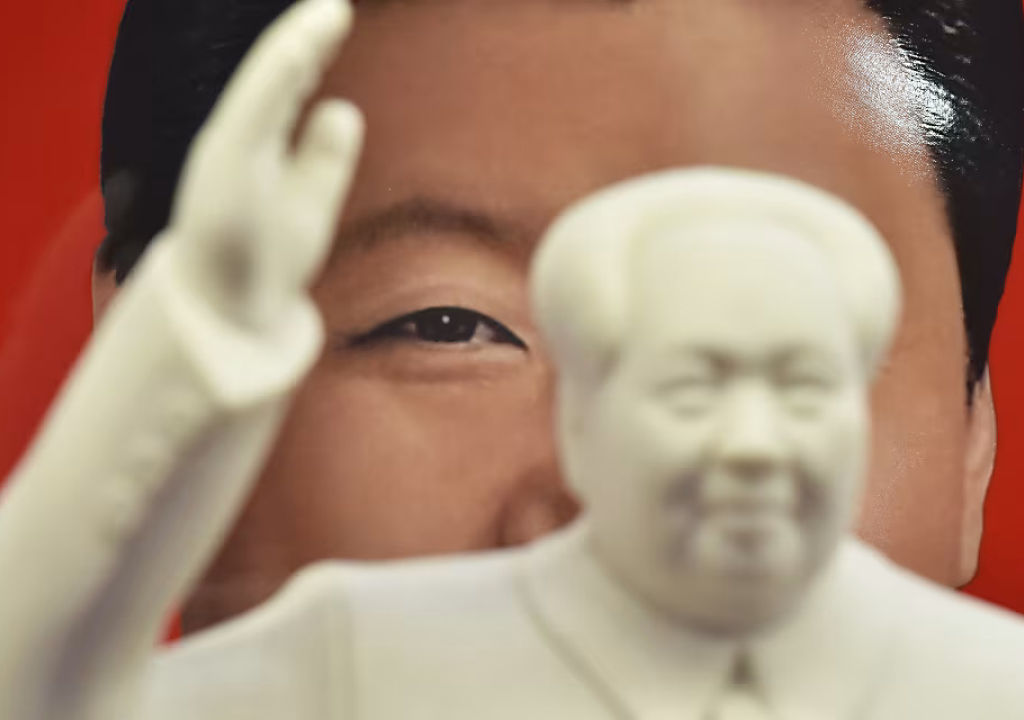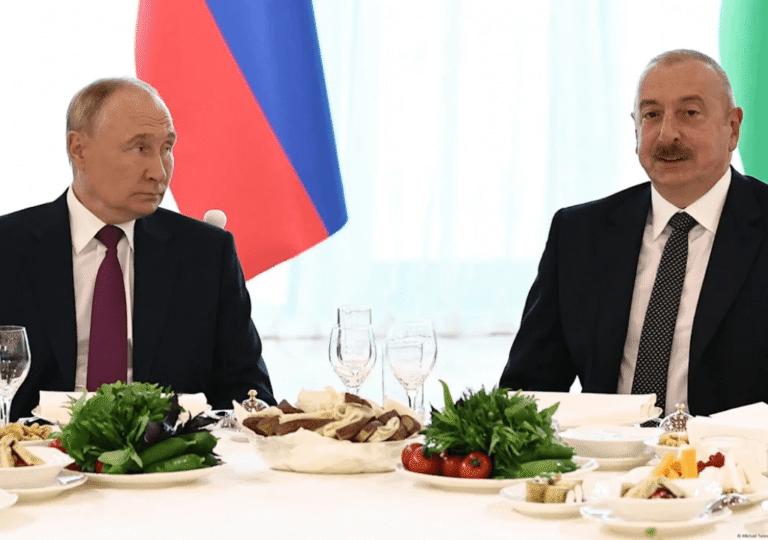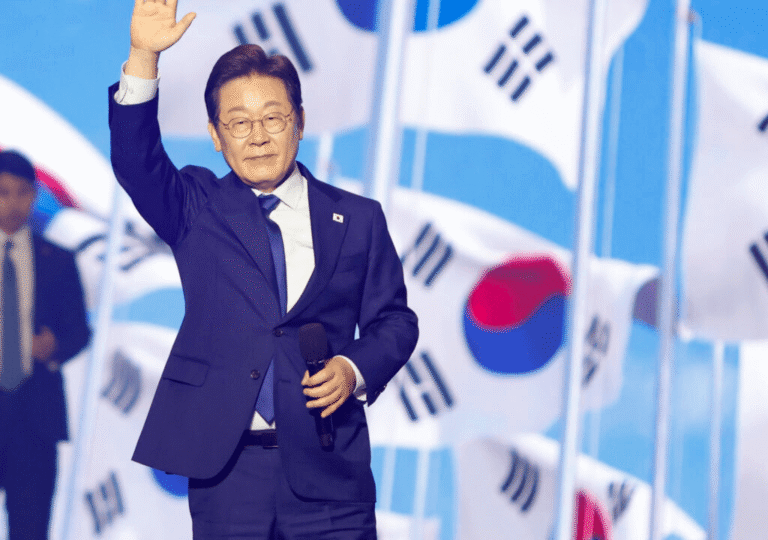Taiwan and China both lay claim to an ancient Chinese heritage that stretches back through the centuries. Despite diverging historical narratives, each asserts itself as the real China. Officially, they are both still called China – Mainland China as the People’s Republic of China and Taiwan as the Republic of China. Mainland China, guided by the legacy of the Qing Dynasty, claims dominion over regions like Tibet and stakes territorial claims in India and other neighboring countries. This reflects the Communist Party’s sweeping vision of a Greater China – a concept of reunification that aspires to blend both historical and contemporary claims into a unified Chinese identity.
The vision of a “Greater China” introduces a particular strain for Taiwan, often reduced to the moniker “Chinese Taipei,” a term that subtly undermines its sovereignty. In response, Taiwan has deftly turned the narrative, casting doubt on the very premise of China’s ambitions. How, Taiwan asks, can Beijing champion the idea of reunification while ignoring the territories historically ceded to Russia? If reclaiming lost lands is truly China’s goal, then shouldn’t those lands – seized under humiliating treaties – be part of the equation? Yet, with Beijing and Moscow bound in their modern-day geopolitical dance, this seems unlikely. Taiwan’s position is both sharp and simple: can the dream of Greater China hold weight when it conveniently omits Russia’s territorial gains?
Taiwan has skillfully reframed the territorial question in a way that could subtly disturb the carefully cultivated alliance between China and Russia. In a recent interview, President Lai Ching-te posed a provocative challenge: if the Chinese Communist Party were truly committed to the principle of territorial integrity, why has it not sought the return of land lost to Russia? Lai, who assumed office in January, pointed to the Treaty of Aigun and the 1860 convention that saw China cede vast swaths of territory – including present-day Vladivostok – to its northern neighbor. And yet, Beijing remains conspicuously silent on the matter.
Despite the historical loss of territory, Chinese officials have continued to attend Russian economic forums in Vladivostok, a city once part of China’s vast imperial expanse. President Lai implied that this silence on the Russian front casts doubt on Beijing’s proclaimed commitment to territorial integrity. The fixation on Taiwan, he argued, is less about reunification and more about geopolitical ambition. Taiwan’s position within the first island chain of the Pacific would provide the Chinese Communist Party with unparalleled strategic leverage, offering control over critical maritime routes and a commanding presence in the Taiwan Strait.
Under Xi Jinping’s rule, the Chinese Communist Party has steadfastly maintained that Taiwan is a renegade province, governed by what it calls illegal separatists. Xi’s vision for reunification involves the eventual annexation of Taiwan, a goal rooted in Beijing’s claim that the island has always been part of China, only to be lost to Japan during the country’s so-called century of humiliation. For the CCP, Taiwan stands as the final frontier in its mission to restore China’s territorial integrity.
In a sharp critique, Taiwan accuses the CCP of prioritizing its ideological kinship with Moscow over its historical roots. This counter-narrative positions the Republic of China – Taiwan – as the rightful steward of Chinese heritage, while casting Communist China as a Soviet creation that continues to cultivate its ties with Russia. The implication is clear: the CCP’s ambitions are geopolitical, not historical, and its fidelity to China’s ancient legacy is, at best, an afterthought.
Lai’s comment can be viewed through multiple lenses, as it strikes at the heart of the Chinese Communist Party’s (CCP) claims to territorial integrity, the historic narrative of a Greater China, and the sentiment among those who long for reunification. But perhaps more strategically, Lai is targeting the delicate relationship between China and Russia – a bond that, for now, appears unshakable. Economically, politically, and strategically, these two nations act in concert, with China helping to soften the blow of Western sanctions on Russia, and Russia lending support to China’s geopolitical maneuvers. Both countries, their modern borders shaped by 19th-century wars and treaties, seem to present a unified front.
Yet, by invoking these historical accords, Taiwan is making a shrewd move. Lai’s remarks could plant the seeds of discord between China and Russia, forcing them to confront uncomfortable questions about their past and potentially weakening their current alliance. The subtle reminder of past territorial losses to Russia – territories that Beijing has quietly overlooked – could stir old wounds and reveal fractures in their partnership that both governments have long worked to conceal.








